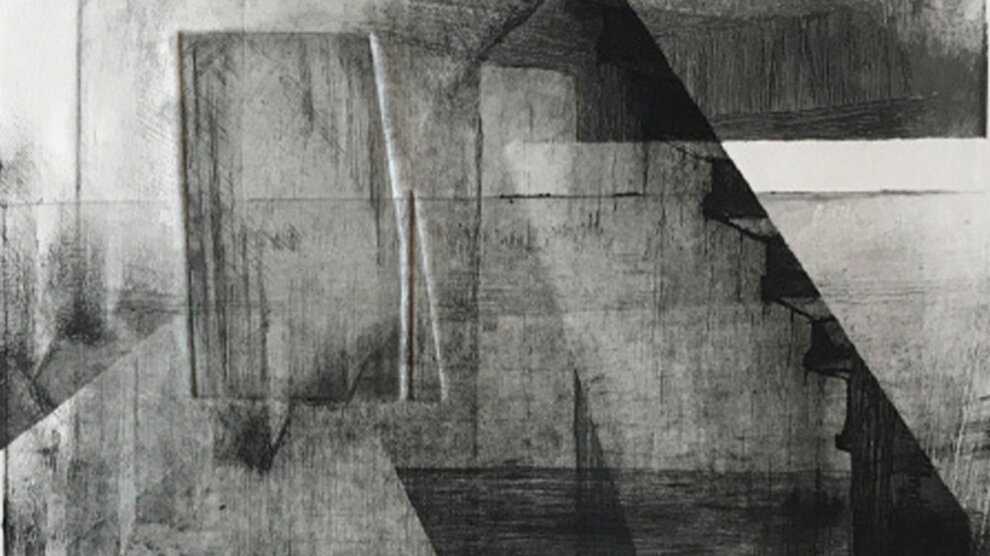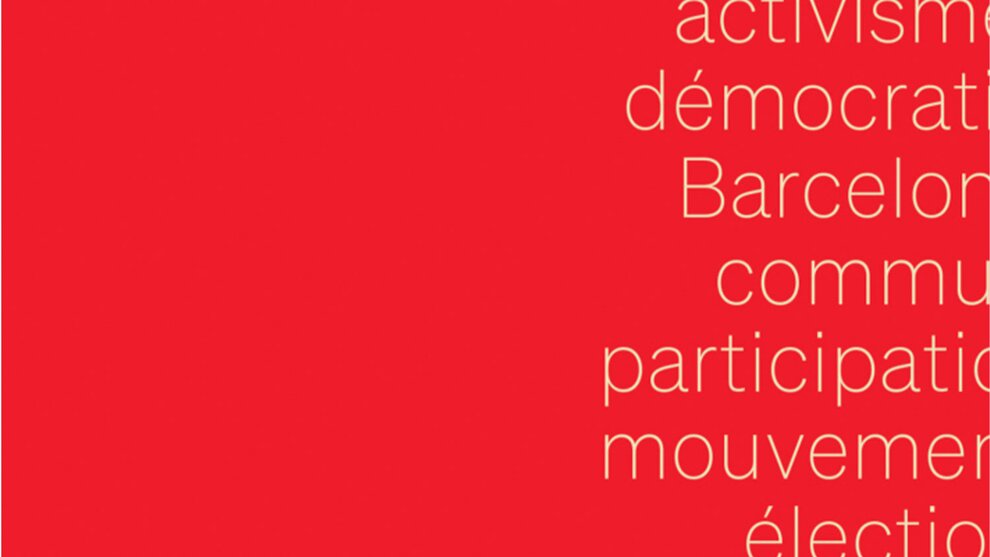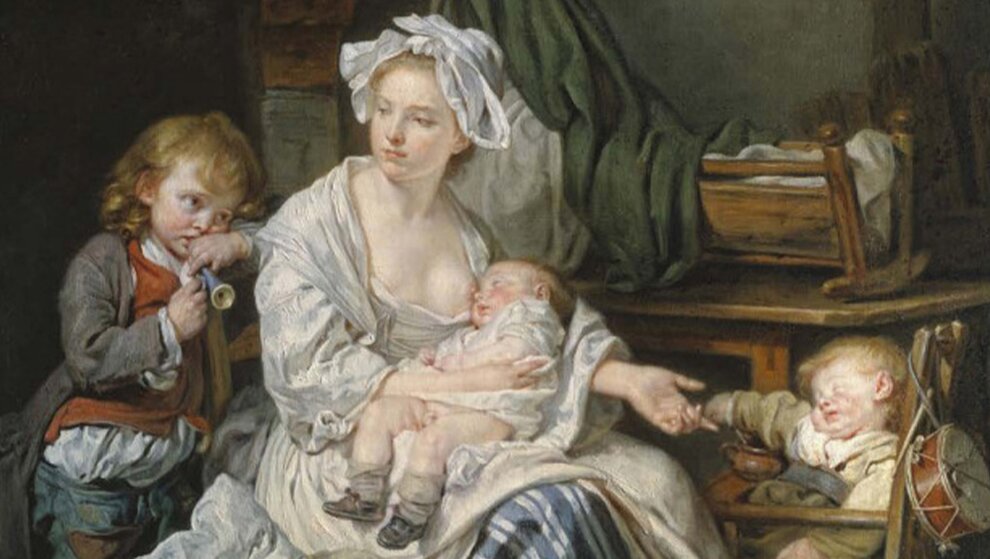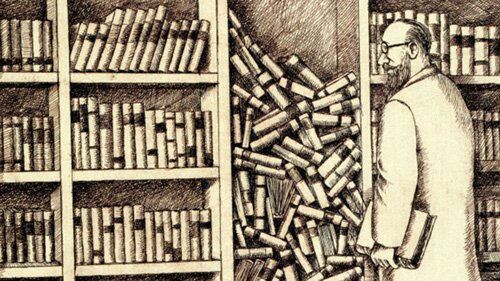Middle East and historical consciousness

According to Georges Corm, it was too early to be able to analyze and understand all the dimensions of the Arab revolts during our meeting, inscribed in the wake of his conference untitled: “The Negative Influence of the Dichotomy Orient/Occident on the Evolution of the Human Sciences”. Five domains were retained in order to understand these unexpected movements, more than unpredictable, in which women had for the first time a very important place in the public space. The course of G. Corm and its context (I), as well as the highlights noticed in two of his works (II), were privileged in the first part that unrolled in the form of a classical interview in order to allow the reader to enter the scientific approach G. Corm and the originality of his contribution, noticed specifically in two of his most recent works (2009 et 2010). From the position of History to that of Anthropology facing the present Nation-States in Europe and the Orient (III) comes out the notion of “historical void”, on which the great media systems and a number of academic analysis elaborate the problems they treat, according to G. Corm, so much so that there is no depth in the attempt of evalua-tion of the complexity of a situation; this brief passage constitute a kind of bridge between the first and second part of our meeting – which slowly took
on the turn of an interview/exchange on two successive themes: imaginary fracture between the Orient and the Occident, secularism, Mediterranean (IV ), then around the Historical subject (V).
L'auteur
Georges Corm, né à Alexandrie en 1940, libanais, a fait ses études universitaires à Paris. Docteur en droit de la Faculté de droit et des sciences économiques (1969), diplômé de l’Institut d’Etudes Politiques - section économique et financière (1961), il a enseigné l’histoire économique, la pensée politique arabe contemporaine et la sociologie du développement dans les universités du Liban, en menant une carrière dans le secteur financier public de ce pays et du monde arabe (1969 – 1985). Après son installation à Paris, il a été consultant économique et financier pour diverses institutions multilatérales (dont la Banque mondiale et l’Union Européenne), ainsi que pour des agences spécialisées des Nations unies. Nommé en 1998 ministre des finances du gouvernement de M. Sélim El-Hoss, il est rentré aussitôt à Beyrouth. Fin 2000, il a quitté ses fonctions ministérielles et repris ses activités de consultant et d’enseignant (université Saint-Joseph). Son œuvre porte sur le Moyen-Orient, la Méditerranée, l’Europe dont il donne à voir la construction de son histoire du point de vue économique, politique et intellectuel, à partir de l’étude de ses rapports avec l’Orient depuis des siècles et de son rôle dans l’émergence du mythe de l’Occident - menée dans une perspective critique.
Le texte
Entretien réalisé par Christiane Veauvy à la suite de la conférence donnée par Georges Corm à l’invitation de l’IISMM (Institut d’Etudes de l’Islam et des Sociétés du Monde musulman/EHESS) et du Séminaire « Genre, politique, sexualité(s). Orient/Occident » (FMSH/Programmes scientifiques), pour une séance « A deux voix du Moyen-Orient » (19/01/2012) dans laquelle la seconde conférence a été donnée par Azadeh Kian, professeure de sociologie à l’Université Paris 7-Diderot.





